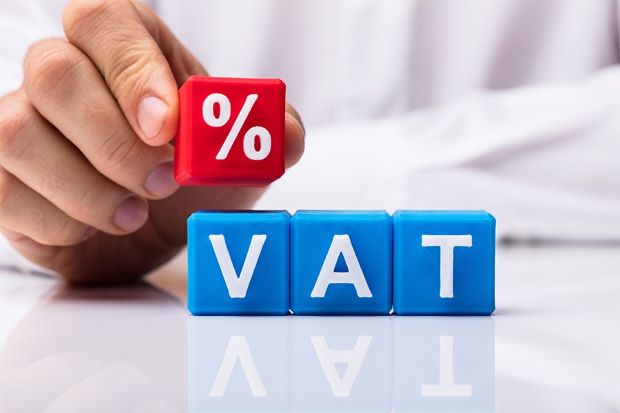COLOMBO – Sri Lanka’s Parliament approved a 3% increase in Value Added Tax (VAT) from January 1, and to reduce exemptions on the tax as the island nation struggles to meet the revenue target agreed upon with the International Monetary Fund (IMF) for a US$ 3 billion bailout package.
The VAT (Amendment) Bill, which will increase VAT to 18% from the current 15% and reduce a raft of goods from the exemption list, was passed with a majority of 45 votes, with 100 legislators voting in favour and 55 against, in the 225-member Parliament.
The new bill was passed a day ahead of the IMF’s scheduled Board meeting to approve Sri Lanka’s US$ 330 million second tranche of the $3 billion loan.
State tax revenue of the first nine months of 2023 rose 51%, compared to the same period last year but the revenue target agreed with the IMF has not been accomplished. The new tax proposals are expected to boost the revenue to meet the IMF targets, finance ministry officials said.
The VAT Bill debate was to be held on Sunday (10), but was postponed to Monday (11) due to lack of quorum in the Parliament.
The Opposition opposed the move to debate the VAT on Monday as Parliament was to debate other budget proposals including irrigation. However, Speaker Mahinda Yapa Abeywardena called for a vote in which the ruling party, with a majority of 57, voted to have the debate on Monday.
The new VAT amendment will see people paying tax on 97 out of the 138 goods that were previously exempted.
Medicines, equipment used by disabled persons, rice flour, wheat flour, vegetables, fruits, liquid milk, and the 1990 ambulance service will not be subjected to VAT.
-economynext.com



Comments are closed, but trackbacks and pingbacks are open.